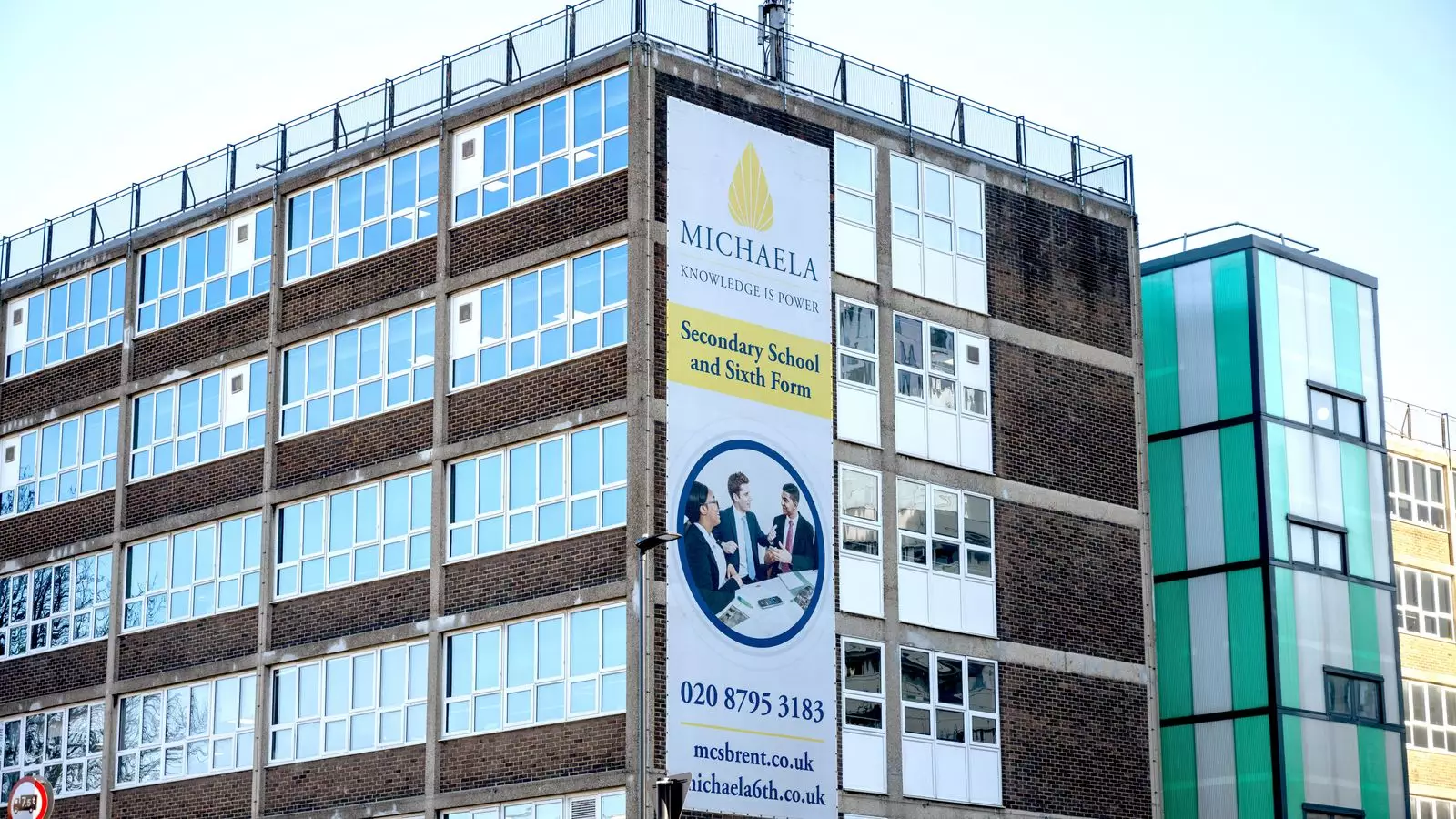In recent news, a Muslim student has faced legal challenges against a strict school policy at Michaela Community School in Brent, North London. This article will delve into the details of the case and analyze the implications of the High Court’s decision, as well as the arguments presented by both sides.
The unnamed Muslim student challenged the school’s ban on prayer rituals, claiming that it uniquely affected her faith and made religious minorities feel alienated from society. However, the school defended its policy as justified and proportionate, citing death and bomb threats linked to religious observance on site. Headteacher Katharine Birbalsingh emphasized the importance of maintaining an environment where children of all races and religions can thrive.
Following a two-day hearing, the High Court ruled in favor of the school, stating that the student was aware of the school’s secular nature and had made up for missed prayers at home. The court also noted instances of students praying on school premises and applying peer pressure to others.
The judgement has been hailed as a victory for all schools, with Education Minister Gillian Keegan describing Michaela Community School as outstanding. The ruling reinforces the autonomy of headteachers in making decisions regarding school policies.
Despite the loss, the student expressed satisfaction in challenging the ban and remaining true to her religion. Her lawyer, Dan Rosenberg, highlighted the public interest in the case, emphasizing the clash between the school’s approach and the religious perspective of society.
The legal challenge brought by the Muslim student against Michaela Community School’s ban on prayer rituals highlights the complex intersection of religious freedom and school policies. The High Court’s decision sets a precedent for schools to maintain order and safety while respecting students’ religious beliefs.


Leave a Reply